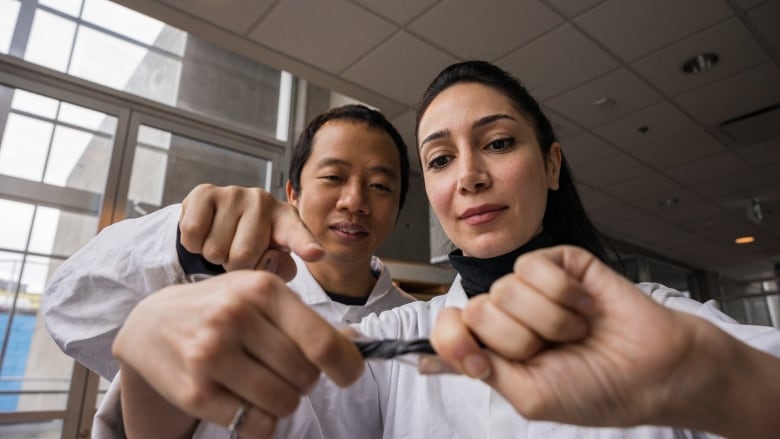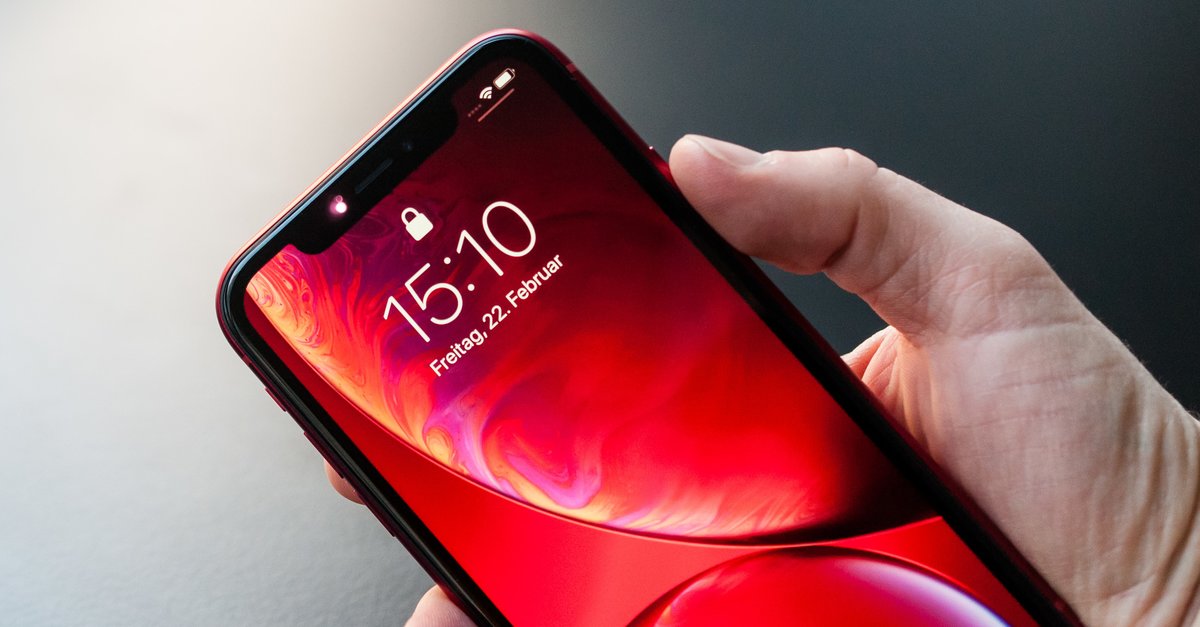Researchers: inside develop expandable and washable batteries for everyday use
Nowadays more and more everyday objects are powered by some kind of battery, first came small mobile devices, followed by smartphones, smartwatches and electric vehicles. Each generation brought and brings new features with it, but for years there have been no major innovations in batteries. This could change soon.
The reason is new research results at the University of British Columbia (UBC), here researchers have now succeeded in developing a battery that is washable and at the same time flexible. In general, the new cells do not differ that much from existing batteries, only they are incredibly flexible. John Madden, a professor at UBC, puts it this way:
Imagine a battery that’s maybe a little bit larger than a coin cell that you can grab in your hands, stretch to twice its length, twist and throw in the washing machine and it will still work.
One of the biggest challenges for such a battery was finding the right case. In addition to the flexibility mentioned above, it must also hold all the components of the battery together and prevent toxic materials from escaping.
The solution to this was an old friend: plastic. The battery cover consists of several ultra-thin layers of the material; the battery components are made up of zinc and manganese dioxide. In addition to flexibility, this also has another advantage: The mixture is much safer, especially for devices that are close to the body.
The new type of battery can be washed up to 39 times, but why does a battery have to be washed in the first place? Devices available today usually have a battery unit that can be removed before washing. With the new solution, for example, training shirts could be developed that regularly record body values and send them to an app, and a heart monitor could also be made more compact.
If the textiles then start to stink or hygiene does not allow them to be worn, they can simply be thrown into the next 30 degrees of washing and worn again without any problems after drying. The researchers are currently counting on the fact that their new technology will have to be developed for a few more years, then nothing will stand in the way of the washable and stretchable batteries.
Via CBC



